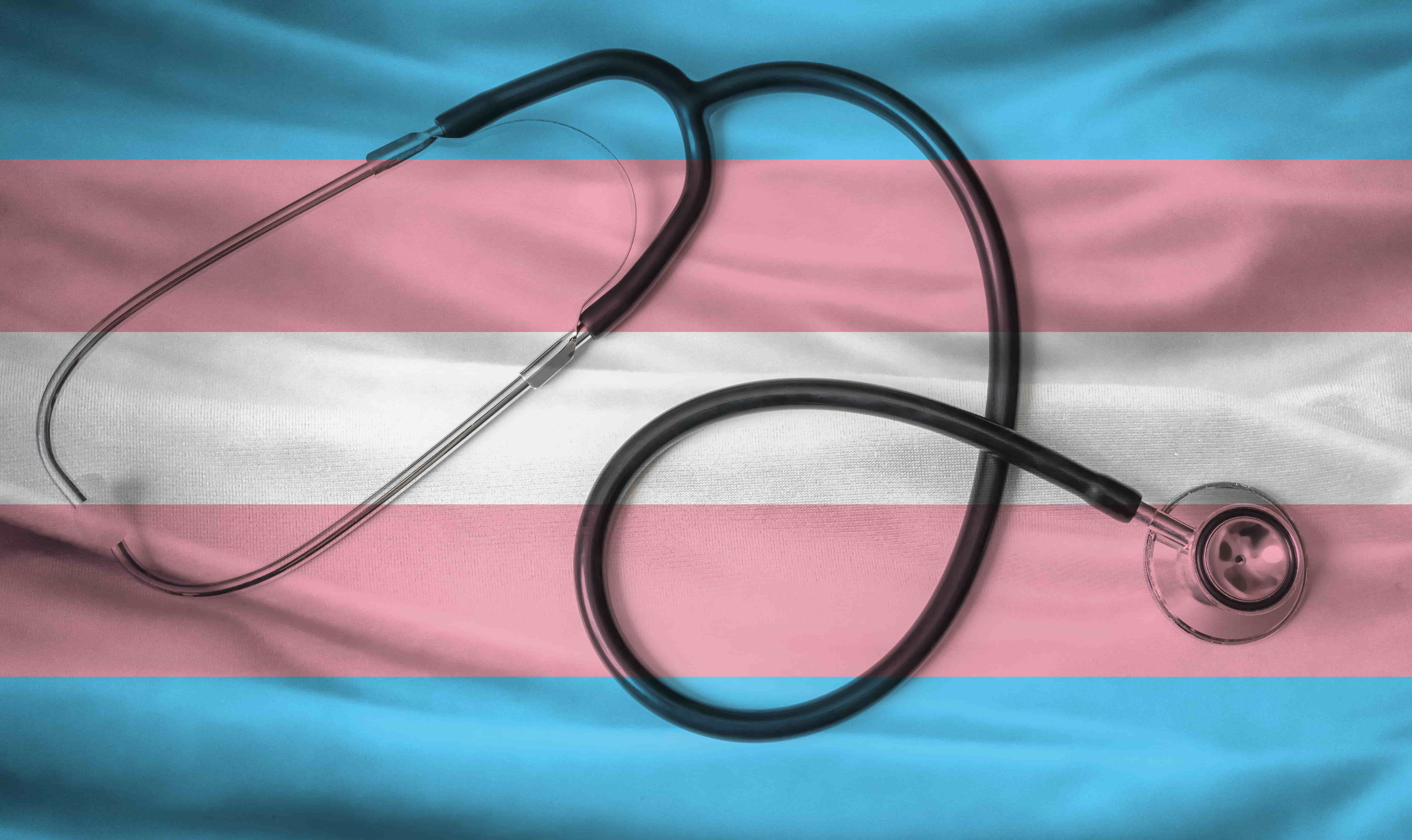Home /
Poll /
What Should Mitt Romney Become?
What Should Mitt Romney Become?
Take our poll. Enter to win movie passes!
By Metro Weekly Contributor
on
June 7, 2012
Click here for a chance to win free movie passes. (You will be taken to a new page, apart from the poll.)
In a letter to House Speaker Mike Johnson (R-La.), 213 Democratic U.S. representatives, as well as Delegates Stacey Plaskett (Virgin Islands), Eleanor Holmes Norton (D.C.), and Resident Commissioner Pablo José Hernández (Puerto Rico), are demanding that Johnson rebuke Republican lawmakers for using "demonizing and dehumanizing" language when speaking about the transgender community.
"We write to you to strongly condemn the rise in anti-transgender rhetoric, including from members of Congress, and to urge you to ensure members of Congress are following rules of decorum and not using their platforms to demonize and scapegoat any marginalized community, including the transgender community," the Democrats' letter reads.
The U.S. House of Representatives voted largely along party lines to advance a bill that would imprison doctors for providing gender-affirming care to transgender minors and punish parents who consent to their child’s treatment.
The bill, introduced by U.S. Rep. Marjorie Taylor Greene (R-Ga.), would impose prison sentences of up to 10 years on medical providers who recommend or prescribe puberty blockers, hormone therapy, or surgery to transgender patients under 18. It would also criminalize parents who consent to their child’s treatment or transport them across state lines to obtain such care.
Congressional lawmakers have approved a measure that would bar Medicaid -- the federal health insurance program for low-income Americans -- from covering gender-affirming care, including hormonal and surgical interventions, for minors.
The "Do No Harm in Medicaid Act," sponsored by U.S. Rep. Dan Crenshaw (R-Texas), is the third in a series of Republican-backed efforts to block people under 18 from accessing medical treatments that assist in a gender transition.
The measure passed by a 215-201 vote, with four Democrats -- Reps. Henry Cuellar (Texas), Vicente Gonzalez (Texas), Don Davis (N.C.) and Marie Gluesenkamp Perez (Wash.) -- joining Republicans in support of the ban.



























